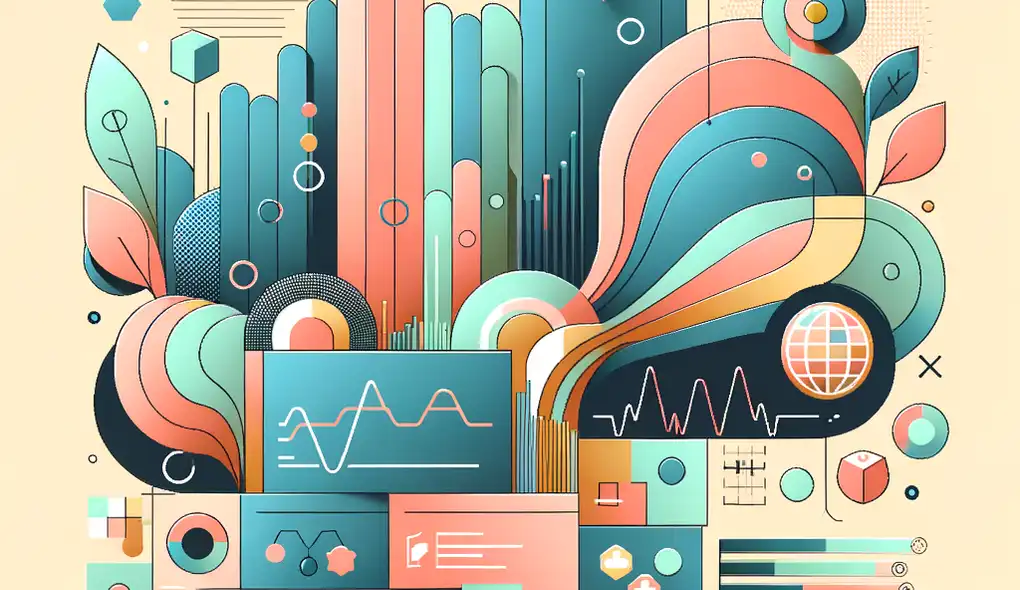How do you ensure that the reports and visualizations you create effectively communicate findings to the healthcare team?
Health Data Analyst Interview Questions
Sample answer to the question
To ensure that the reports and visualizations I create effectively communicate findings to the healthcare team, I focus on three key aspects: clarity, relevance, and context. Firstly, I make sure that the information in the reports is presented in a clear and concise manner, using simple language and visual aids whenever possible. Secondly, I ensure that the reports and visualizations are relevant to the specific needs of the healthcare team, tailoring the content to their interests and priorities. Lastly, I provide the necessary context for the findings, explaining the methodology used, any limitations or assumptions made, and the potential implications of the results. By considering these aspects, I can effectively communicate the findings and facilitate informed decision-making within the healthcare team.
A more solid answer
To ensure that the reports and visualizations I create effectively communicate findings to the healthcare team, I apply my strong analytical thinking and problem-solving skills. I have proficiency in a variety of data analysis and visualization tools, such as SQL, Excel, R, and Python, which allows me to manipulate and present data in meaningful ways. Additionally, my understanding of healthcare systems, terminology, and standards helps me tailor the reports and visualizations to the specific needs and interests of the healthcare team. For example, when preparing reports, I include relevant healthcare metrics and benchmarks that are commonly used in the industry, ensuring that the findings are relatable and actionable. I also utilize clear and visually appealing visualizations, such as charts and graphs, to enhance the communication of complex information. By combining my technical skills with my knowledge of healthcare, I can effectively communicate findings and contribute to better decision-making within the healthcare team.
Why this is a more solid answer:
The solid answer goes beyond the basic answer by providing specific examples of the candidate's proficiency in data analysis and visualization tools and their understanding of healthcare systems and terminology. The candidate also mentions using relevant healthcare metrics and benchmarks in reports to tailor the information to the healthcare team's needs. However, the answer could still be improved by providing more specific details about the candidate's experience and expertise.
An exceptional answer
To ensure that the reports and visualizations I create effectively communicate findings to the healthcare team, I follow a comprehensive process that combines my strong analytical thinking, proficiency in data analysis and visualization tools, excellent communication and presentation skills, and deep understanding of healthcare systems, terminology, and standards. Firstly, I thoroughly analyze the healthcare data using advanced statistical techniques and visual exploration to uncover hidden insights and trends. This includes applying machine learning algorithms to predict healthcare outcomes and identify areas of improvement. Secondly, I leverage my proficiency in data analysis and visualization tools, such as SQL, Excel, Tableau, and Python, to transform complex data into clear and visually appealing reports and visualizations. For example, I create interactive dashboards that allow the healthcare team to explore the data themselves and gain deeper insights. Thirdly, I ensure that the reports and visualizations are tailored to the specific needs of the healthcare team by collaborating closely with them to understand their goals and priorities. I actively listen to their feedback and incorporate their preferences and requirements into the communication materials. Finally, I provide the necessary context for the findings by explaining the methodology used, the limitations of the analysis, and the implications for patient care and outcomes. This ensures that the healthcare team can make informed decisions based on a comprehensive understanding of the data. Overall, my comprehensive approach to creating reports and visualizations ensures effective communication of findings and helps drive better healthcare outcomes.
Why this is an exceptional answer:
The exceptional answer goes into even more detail and provides specific examples of the candidate's process and techniques used for analyzing healthcare data and creating reports and visualizations. The candidate also mentions their proficiency in a range of data analysis and visualization tools and their ability to collaborate closely with the healthcare team to tailor the communication materials. The answer demonstrates a deep understanding of healthcare systems, terminology, and standards, and highlights the candidate's ability to provide the necessary context for the findings. Overall, the exceptional answer showcases the candidate's comprehensive approach and expertise in effectively communicating findings to the healthcare team.
How to prepare for this question
- Familiarize yourself with a variety of data analysis and visualization tools, such as SQL, Excel, Tableau, and Python, as proficiency in these tools is highly valued in this role.
- Stay up-to-date with industry trends and advancements in healthcare data analysis, such as machine learning and predictive analytics, as these can enhance your ability to uncover meaningful insights and trends.
- Develop your communication and presentation skills, as clear and effective communication is essential for conveying findings to the healthcare team. Practice explaining complex concepts in simple and relatable terms.
- Update your knowledge of healthcare systems, terminology, and standards, as this will help you tailor the reports and visualizations to the specific needs and interests of the healthcare team. Familiarize yourself with common healthcare metrics and benchmarks used in the industry.
- Consider taking additional courses or certifications in healthcare data analysis to further enhance your qualifications for the role.
What interviewers are evaluating
- Analytical thinking and problem-solving skills
- Proficiency in data analysis and visualization tools
- Excellent communication and presentation skills
- Understanding of healthcare systems, terminology, and standards
Related Interview Questions
More questions for Health Data Analyst interviews